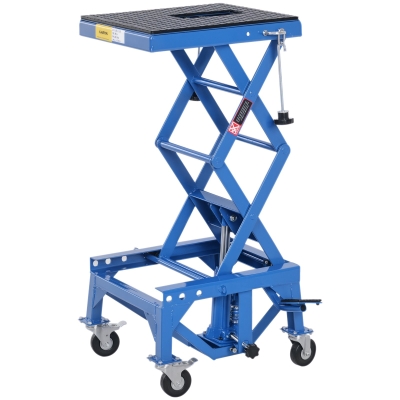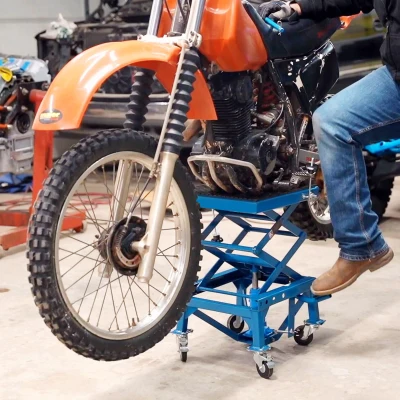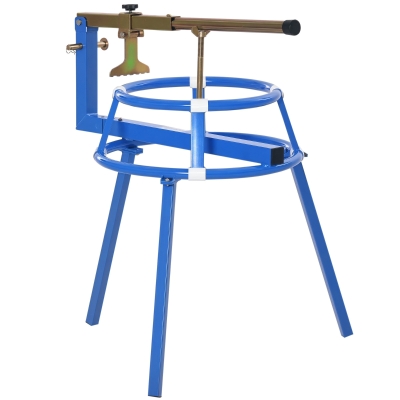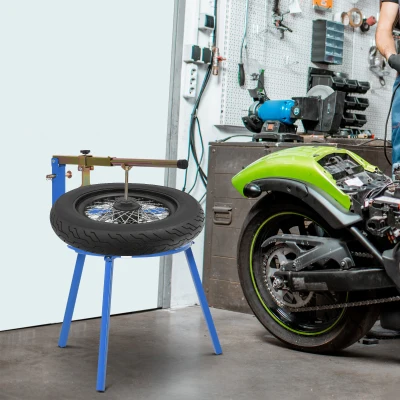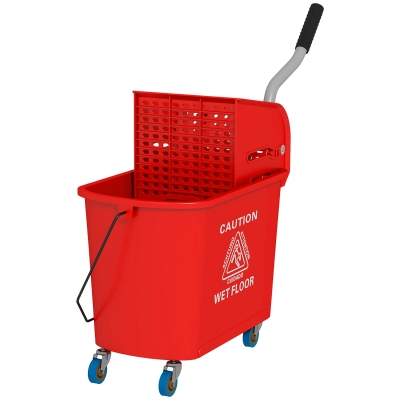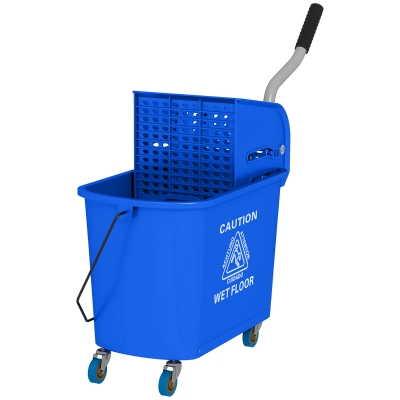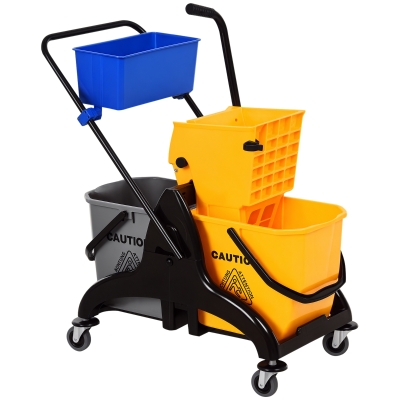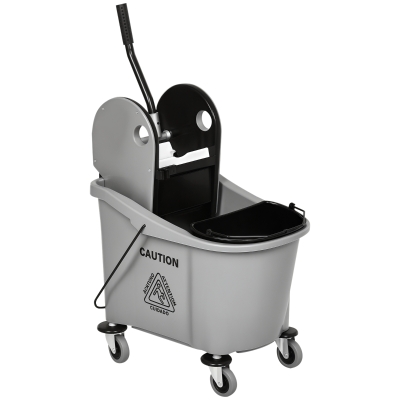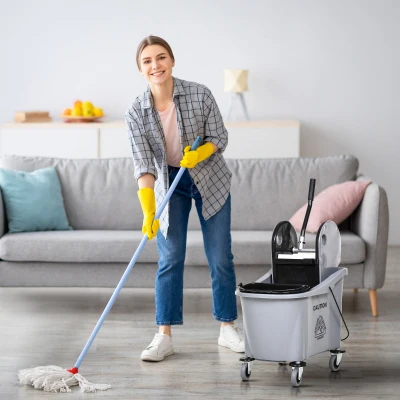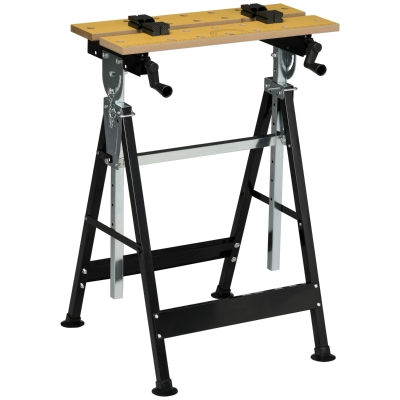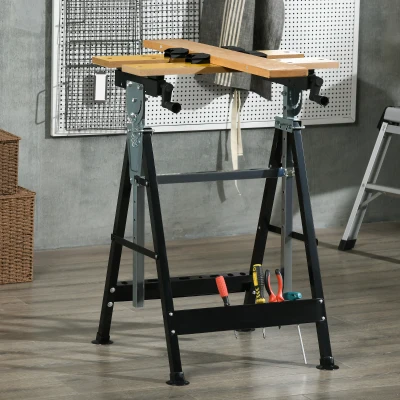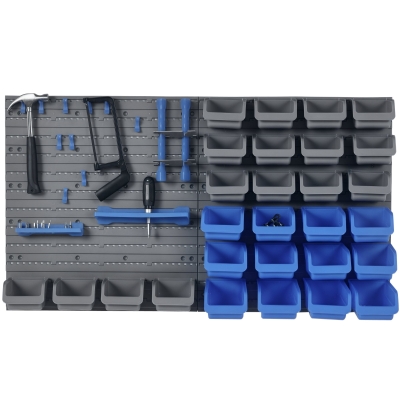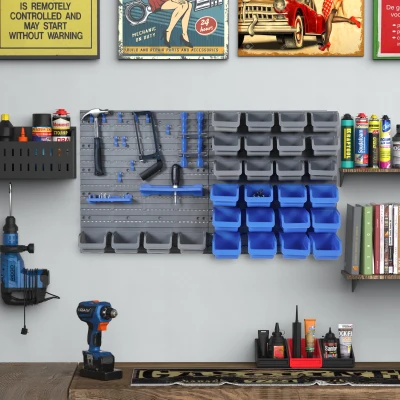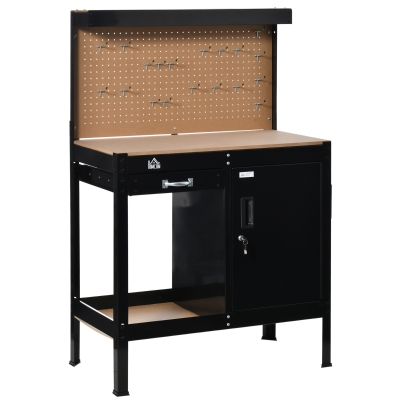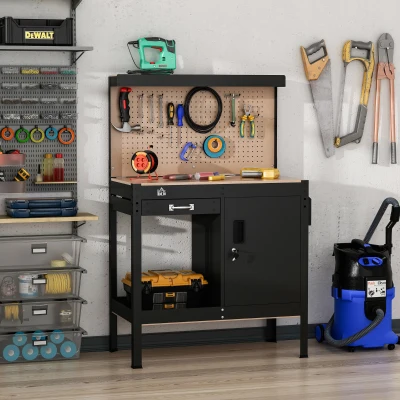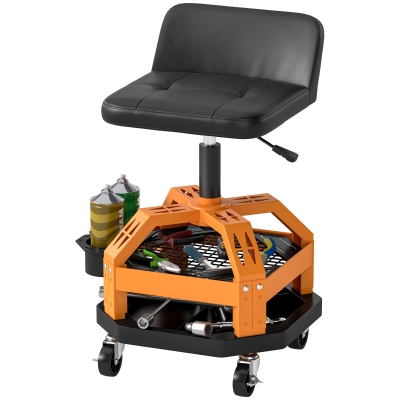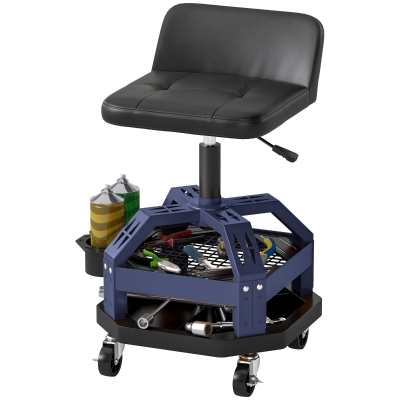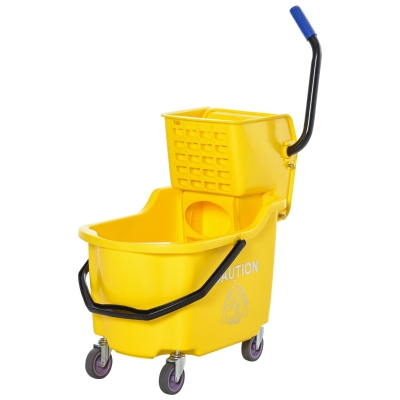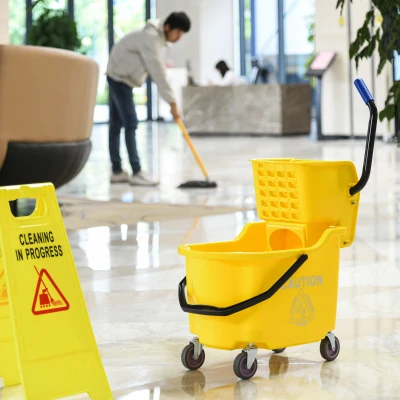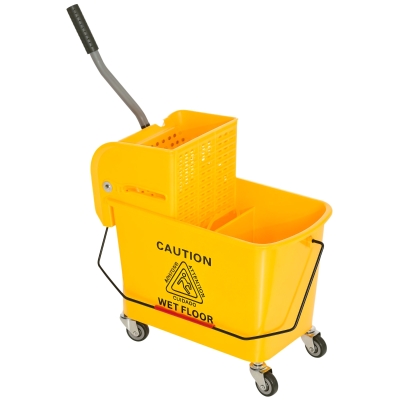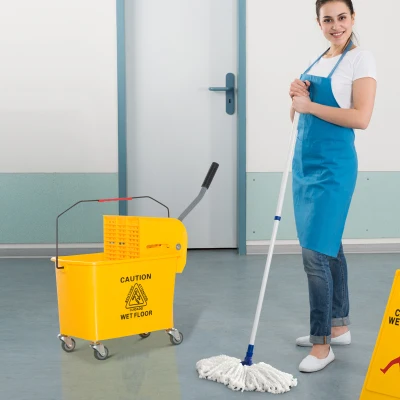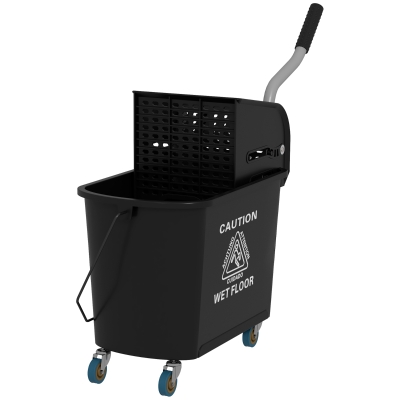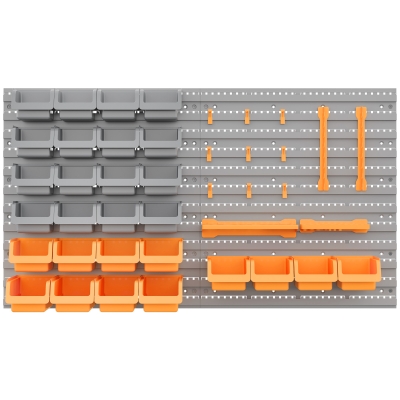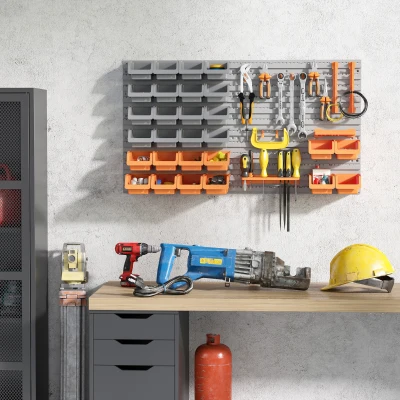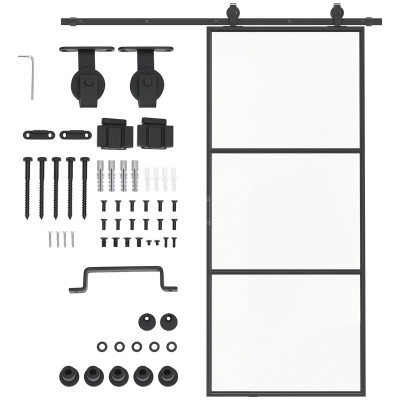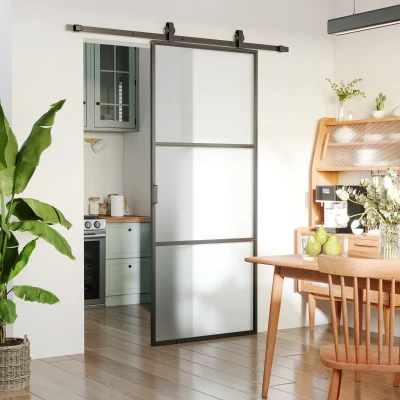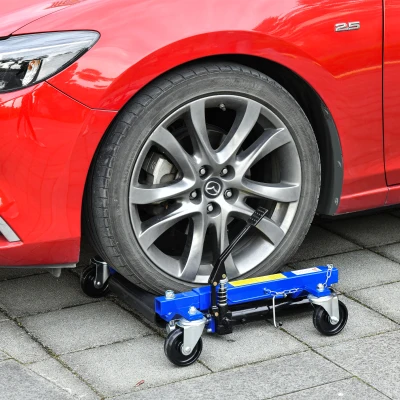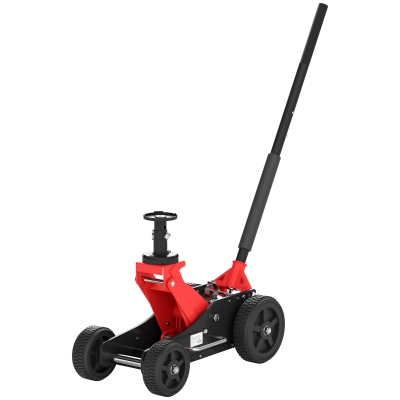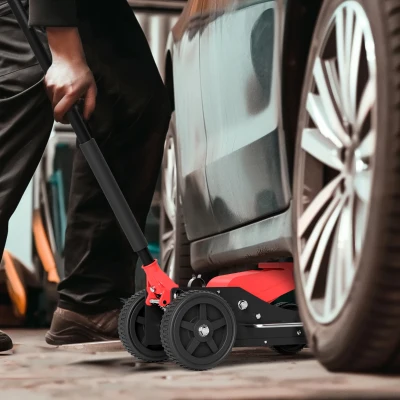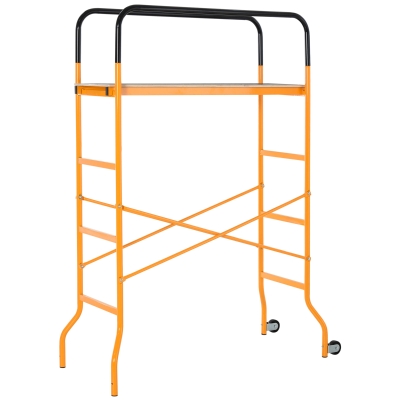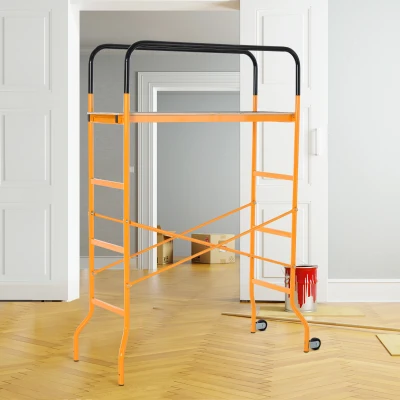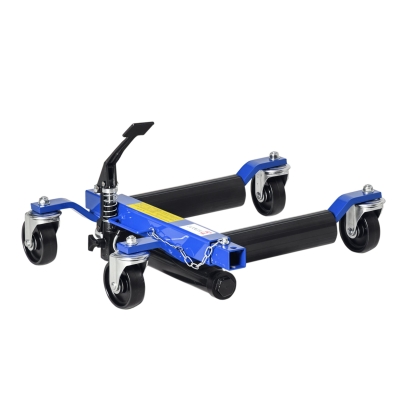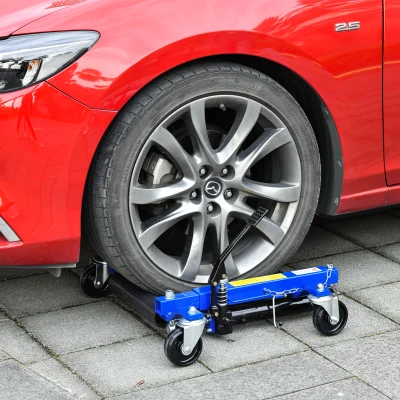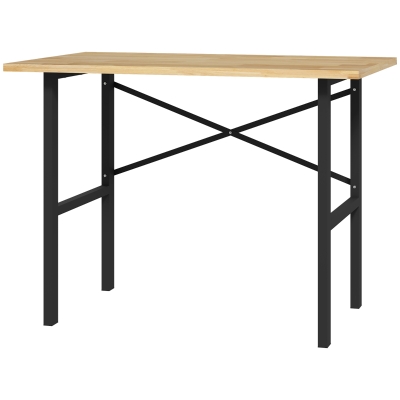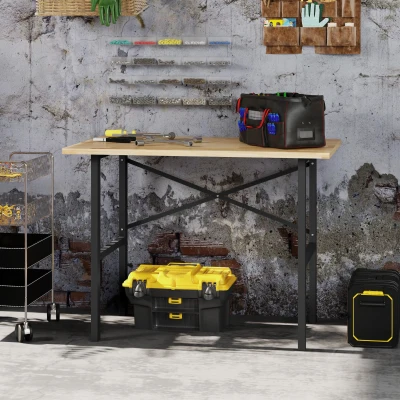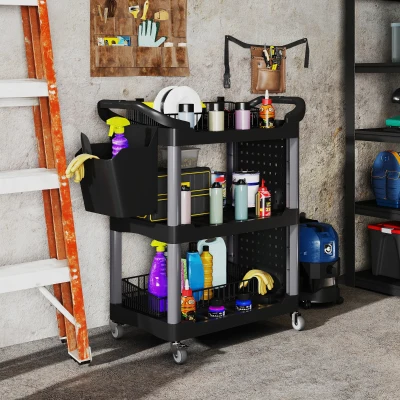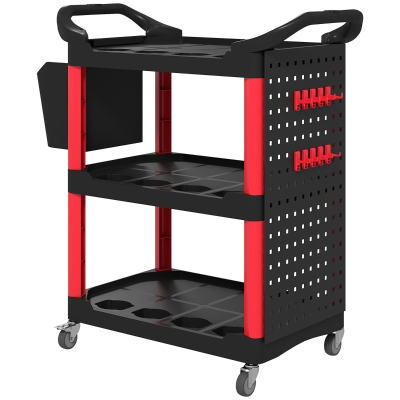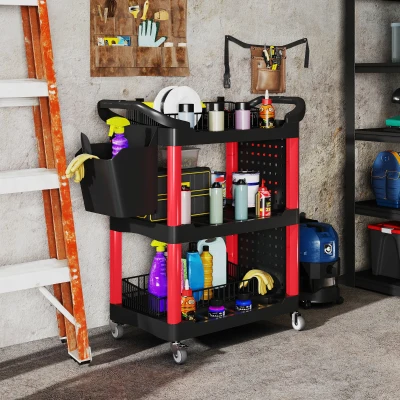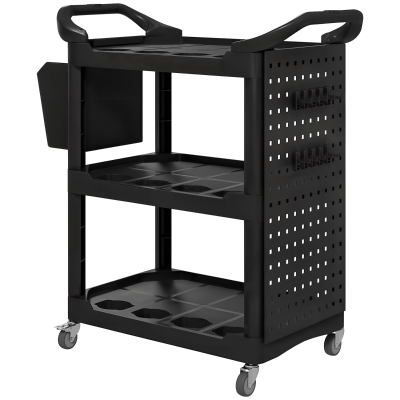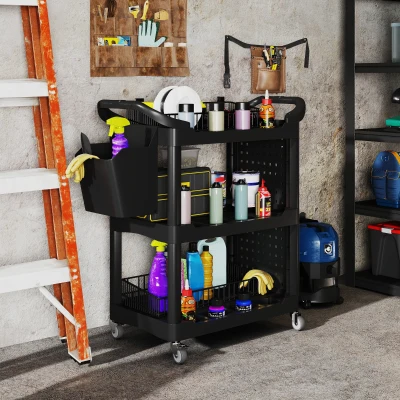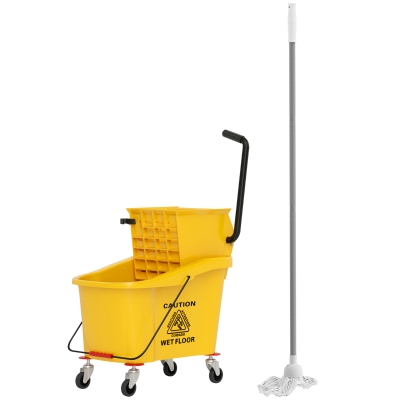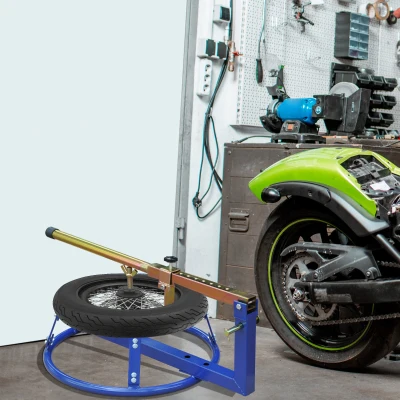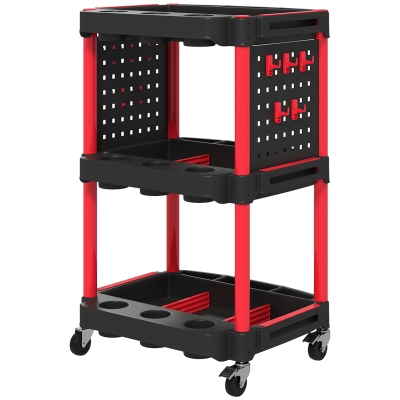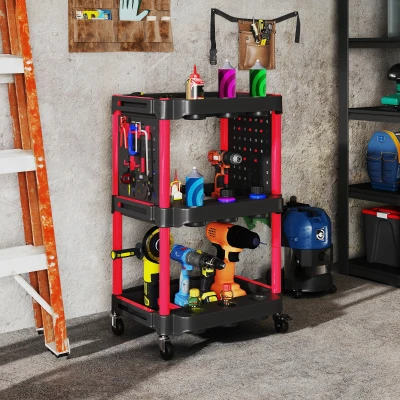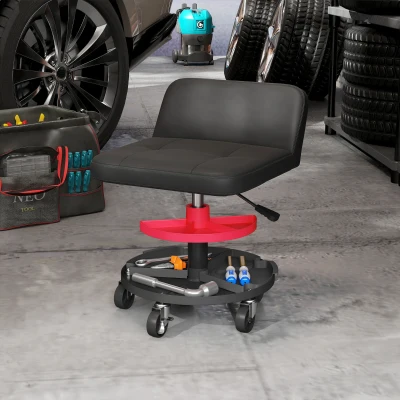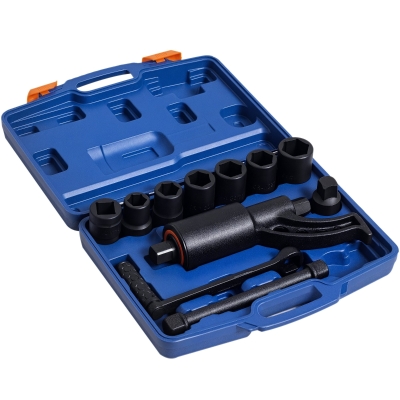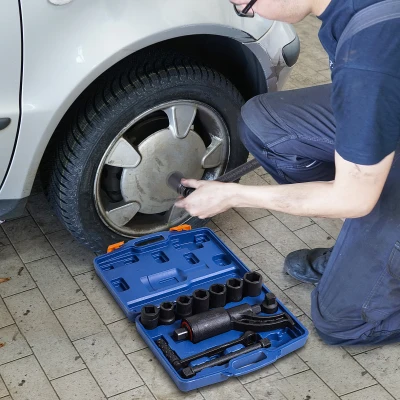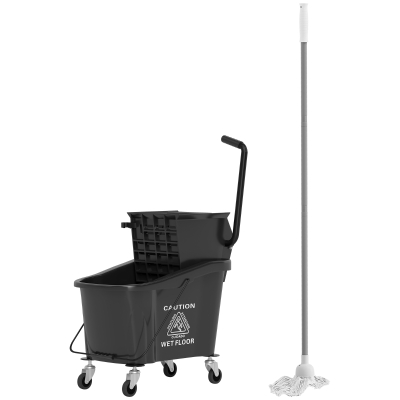Tools and Hardware Buying Guide
Build Out Your Workspace to be Safe, Practical, and Organized
If you like to spend your time in a garage, shop, or basement working a project, big or small, this hardware tools guide can help get you started. The benefits from being outfitted and prepared a project are significant and contingent to your success. A variety of quality tools will help you get your tasks done right. Being organized can be just as important as having the right tools. For example, a pegboard to organize your sockets, pliers, screwdrivers, and drills can save time and prevent mistakes, and prolong the life of your tools. A safe, or lockable storage can keep a space organized and provide security for high-value items such as tools or firearms. Safety-first is a mantra that will keep you and your loved-ones working happily, project after project.
The DYI Spirit - Practical tools save money and time in the right hands
When prepared, the loose door handle, the drippy faucet, or the perennially ajar closet is no problem, because with the right aosom hardware tools you can do practically everything yourself. Larger projects with remodeling, cutting flooring, or furniture making, the well equipped craftsperson, with the right tools, and with the right variety such as saws, drills, and grinders, automobile stands, racks, safes and organizational be will the most successful. In this guide, you will find out which tools make sense for your household and what you should pay attention to when choosing.
Tool Cases and Sets: Always Ready for Action
Complete packages, tool sets, and ready-to-go cases are recommended for beginners who have just discovered their passion for DIY and want to put together basic equipment. For example, many manufacturers offer sets of a small or extensive selection of manual tools such as hammers, screwdrivers, pliers, files, wrenches, and hand saws. There are also specialty sets, like lug nut and torch wrenches specifically designed for a car enthusiast. The individual parts of such a set are often stowed together in a tool case. You will find such practical packages with storage options and are a great way to keep organized in a work-space or provide mobility if your projects take you away from home-base.
Quality Equipment for do-it-yourself projects——Flexible tools for continuous work
Your personal auto zone
Working on our own car can save oodles of money. Also, working on our car removes any risk variables in dealing with unknown personnel at a regular auto shop. When you do it right. You know it's been done right. Having the right environment, tools and equipment can make the difference between a successful oil change and a frustrating afternoon. Rubber curb ramps allows your car to drive up a curb without damaging the rims or sidewalk. If you are preforming engine maintenance or repair, having an engine stand allows you to access and successfully work on all areas. For a larger shop, keeping multiple garbage cans or a wheeled janitor cart handy, will keep your work area clean and clear projects and repairs go smoothly without waste building becoming a work-site hazard.
Security: In Safe Hands
Safes and lockboxes keep valuables, keys, guns and firearms safe and protected. Some safes come with fingerprint entry for access only the use of a fingerprint. Other models allow for key or keyless entry by use of electronic code. Key safes come with organized hangers to keep keys organized and ready to grab. Prevention is the best form of security. Waiting till after a theft incident to organize and lockdown is not the way to go. Choose suitable aosom hardware tools that will keep your valuables safe.
Tips for Handling your Workshop Equipment
Regardless of whether dealing with an entry-level tool or a professional model, they both require care and attention so that they will last for years to come. The following tips will keep your tools in tip-top shape:
- After use, clean the parts of the tool or device that encountered work surfaces - this includes drills, saw blades or grinders. This is easy to do with a brush, paintbrush, rag or compressed air.
- Charge the batteries of the power tools regularly so that you can start right away the next time you use them. Do not store tools for long periods when the battery is low, as this will degrade the performance of the battery.
- Remove small parts such as bits or drills from the machines after use and put them in the storage holders provided or that you create. It is easy to think, “I will remember where this goes”, only to be distracted and or start another task and forget upon returning. If you prepare and organize, the next time you have everything at hand without having to look for it first.
- Do not overload your tools - if, for example, a drill cannot be driven into a reinforced concrete wall or the rusted screw does not move a millimeter, the machine's gearbox and motor likely have reached their limits. Try a more powerful device or consult an expert on the correct technique and equipment to complete your desired goal.
Unplug electrical appliances after use so you cannot accidentally turn them on. Always safety first.
Building: Your Selection
The following categories are just to give a rough idea of levels of preparedness a DYI enthusiast can adapt. Also, to illustrate that often in larger projects, the tool set required can often expand as creativity dictates. Sometimes unforeseen challenges emerge and can be overcome with additional acumen of experience and having the right tools, on-hand.
Beginner and Occasional craftsperson
A basic set of manual screwdrivers, hammers, pliers and socket or ring wrenches, as well as a strong drill, is sufficient for most beginners and occasional craftsmen.
Hobby craftsperson
As a hobby craftsman, in addition to the basic equipment for beginners, you also need a range of special tools that depend on the type and scope of your projects. Electrical devices such as drills, jigsaws or circular saws and cordless screwdrivers make work in the house, shop or garage easier and more efficient
Ambitious Tradesperson and Professionals
Those who do handicrafts in their workshop every free minute are not satisfied with simple cordless screwdrivers, hammer drills, circular saws, and chainsaws, but choose appropriate high-performance models They also take the time and effort to buildout their workspaces with organizational equipment. The mantra “a place for everything and everything in its place” rings true in a professional and organized environment.
Preventative Protection: care for tool longevity
Professional craftspeople treat their equipment very carefully. Cleaned and cared tools can keep for a lifetime or more. The following tips will help you keep your tools in good order:
- A toolbox or tool cabinet, ideally with compartments or slots for the different tools, creates order and protection against damage caused by knocking against each other or tangling.
- Don't give rust a chance! Store your tools in a dry a place as possible. If the basement, garage, or tool shed is too damp, keep them safe in a closet or other storage area inside. Protect with a light film of oil - a few drops of machine oil are enough - you can reliably protect your tools from rust when they are stored for a long period of time .
- After the work is done, you should clean equipment and accessories thoroughly. A damp cloth is sufficient for simple dirt residues, for stubborn grunem it is best to use a cleaning brush or a gentle cleaning agent.
- Do not throw drills, bits and attachments carelessly into the toolbox after use, or when changing, but always use the appropriate slots and mounting elements - so you have the right parts at hand the next time you need them.
- After use, you should place the batteries of electronic devices in the charging cradle so that they are charged for the next time.
- Avoid completely discharging the battery, which can reduce its service life. This can be remedied by employing a second battery that you can use when the first battery is low.
Conclusion: Repairs and DIY Projects On
While a few tools are sufficient for occasional repair work, hobbyists and ambitious craftsmen buy a wide range of equipment. Base your purchase decisions on the following recommendations:
- If you only use tools occasionally for minor repairs , basic equipment is sufficient. A hammer, screwdrivers, pliers, and wrenches is a good place to start. A lightweight drill completes can complete the entry-level set
- If, in addition to assembly and repairs, you also want to do other smaller jobs yourself, you should expand your basic equipment with tools made for the type of job you are preparing for - such as cordless screwdrivers, electric saws or powerful drills.
- Craftsperson and the DYI expert: you tackle major repairs like a pro and do demanding work in renovation and interior design. That is why you equip your workshop with high-quality tools and powerful machines across all categories. Follow expert advice, see what tools others have used to complete the job and purchase those tools ahead of time so that you will be prepared, organized and successful!



